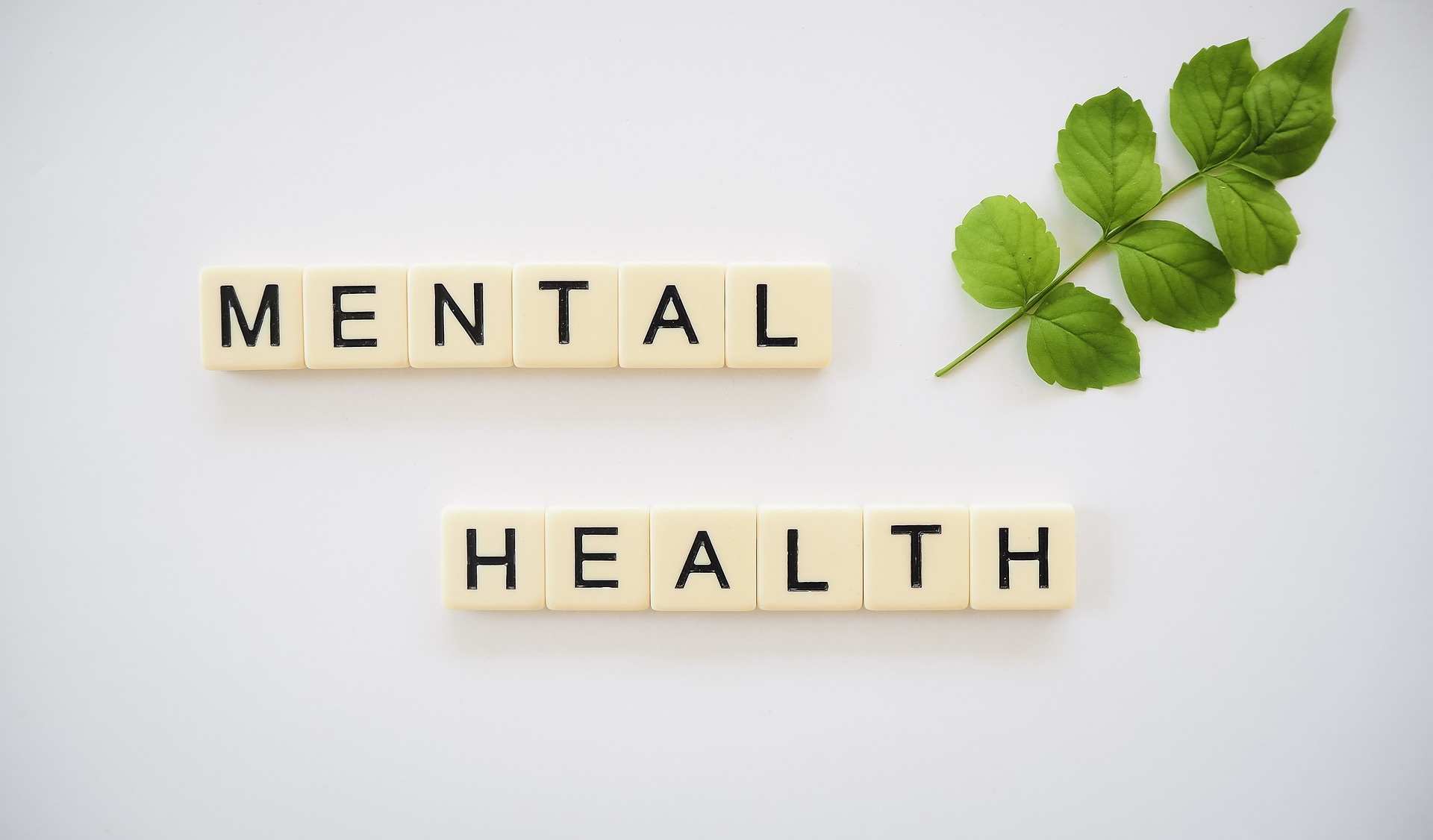Coping with Anxiety: A Comprehensive Approach
Anxiety, a common mental health disorder, affects millions of people worldwide. Characterized by excessive worry, fear, or nervousness, anxiety can interfere with everyday activities, leading to a decreased quality of life. Although anxiety is a normal response to stress, when it becomes persistent and overwhelming, it may signal an anxiety disorder. This article explores the historical context of anxiety, its current relevance, the impact it has on individuals and society, and provides unique insights on coping strategies that are not widely covered elsewhere.

Historical Context of Anxiety
The concept of anxiety is not new. The ancient Greeks recognized it as a medical condition and attributed it to an imbalance of bodily fluids. The term “anxiety” itself is derived from the Greek word “angh,” meaning tightness, distress, or anguish. In the 17th and 18th centuries, anxiety was classified as ‘melancholia’ or ‘nervous disorders,’ and treatments ranged from bloodletting to confinement.
By the late 19th and early 20th centuries, Sigmund Freud, often considered the father of psychoanalysis, made significant contributions to our understanding of anxiety. He postulated that anxiety resulted from repressed or unresolved conflicts within the individual.
Post World War II, anxiety disorders gained recognition as a distinct mental health issue. This period saw advancements in both medications and psychological therapies, providing more effective treatments for those struggling with anxiety.
The Prevalence of Anxiety Today
Today, anxiety disorders are the most common mental health conditions globally. The World Health Organization estimates that approximately 264 million people worldwide suffer from an anxiety disorder. The ongoing COVID-19 pandemic has further exacerbated the situation, with reports suggesting an increase in anxiety-related symptoms due to uncertainties and the impact of prolonged isolation.
The Impact of Anxiety
The impact of anxiety disorders is far-reaching, affecting both individuals and society. For the individual, chronic anxiety can lead to physical health problems, including heart disease, gastrointestinal problems, and weakened immune function. It can also impede social relationships and career progression.
From a societal perspective, anxiety disorders contribute to increased healthcare costs and decreased productivity. A 2016 study estimated the annual cost of anxiety disorders in the United States to be approximately $42.3 billion, reflecting the cost of healthcare services and lost productivity due to illness.
Contemporary Approaches to Managing Anxiety
While mainstream treatments for anxiety disorders include cognitive-behavioral therapy (CBT) and medication, a holistic approach that incorporates lifestyle changes and alternative therapies can also be beneficial.
A balanced diet, regular exercise, and adequate sleep are fundamental to managing anxiety. Research shows that physical activity can reduce anxiety symptoms by boosting mood-enhancing chemicals like serotonin in the brain. Similarly, a healthy diet rich in fruits, vegetables, lean proteins, and complex carbohydrates can stabilize blood sugar levels and mood.
Mind-body techniques, such as yoga and mindfulness meditation, can also help manage anxiety. These practices cultivate a sense of calm and improve stress resilience.
Further, emerging research indicates that gut health may impact mental well-being, with probiotics showing promise as a potential treatment for anxiety.
Uniquely Coping with Anxiety
While mainstream treatments and lifestyle changes are essential, unique coping strategies can also help manage anxiety.
One such strategy is expressive writing, where individuals write about their deepest thoughts and feelings related to traumatic, stressful, or emotional events. Studies suggest that expressive writing can reduce heart rate, improve immune function, and decrease symptoms of anxiety.
Another unique strategy is forest bathing, a practice originating from Japan. It involves immersing oneself in a natural environment to reduce stress and anxiety. Research supports the therapeutic effects of forest bathing, with studies showing reduced stress hormone levels and improved mood after a forest bathing session.
Conclusion
Anxiety, a prevalent mental health challenge, has a significant impact on individuals and societies. While conventional treatments are essential, a comprehensive approach that includes unique coping strategies, lifestyle changes, and mind-body practices can provide more effective management of anxiety symptoms. By adopting such an approach, individuals struggling with anxiety can improve their well-being and lead healthier, more fulfilling lives.




